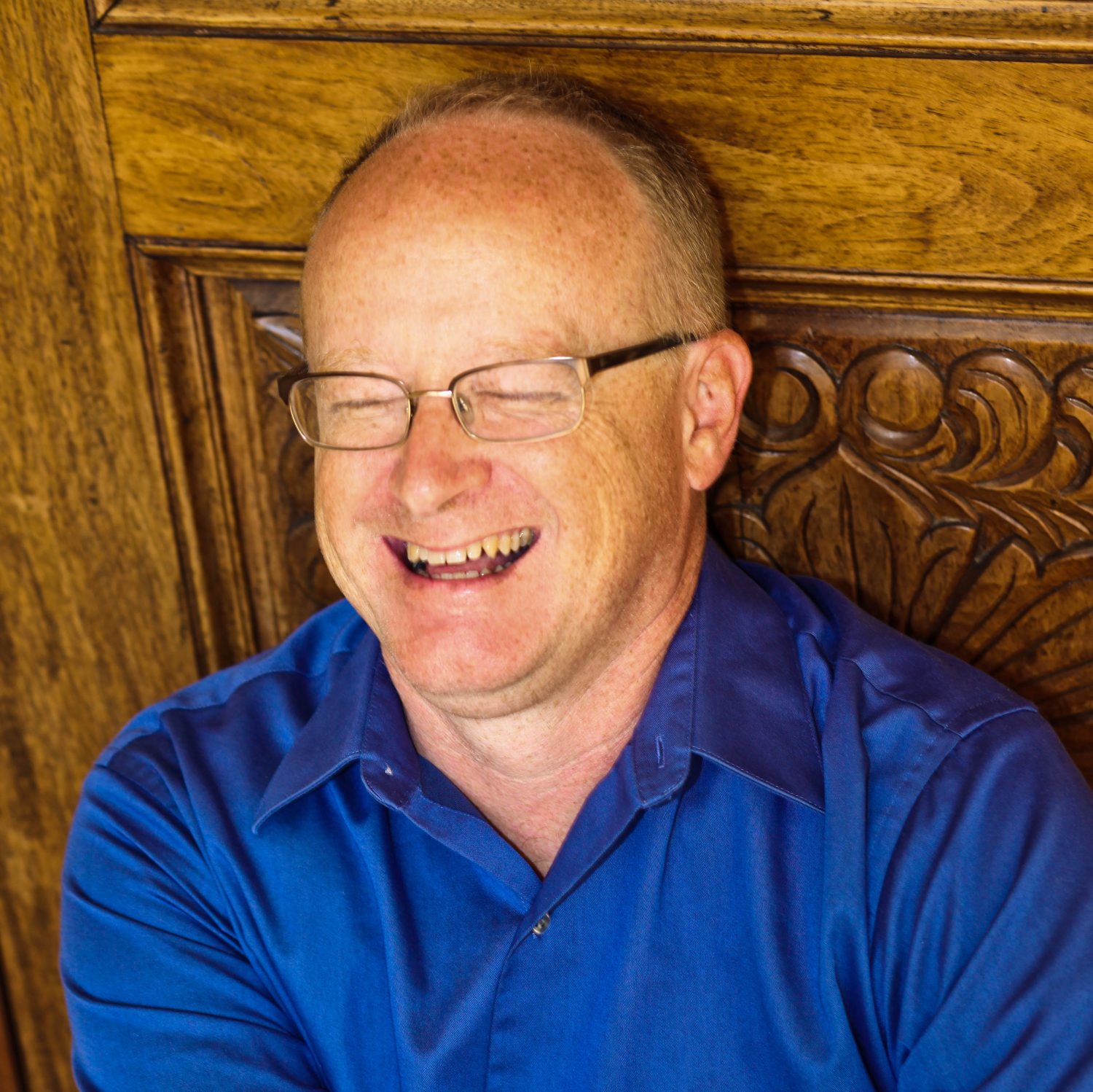This may seem counter-intuitive, but here it is: You can improve your writing by taking time off to not write.
Those of you who are jumping up and down right now because you think you’ve just found a new excuse for your lack of writing this week, this month, this year—“Hey! I’m on a writing Sabbath!”—calm down. You’re misunderstanding.
First, let’s define the term: Sabbath comes from the Hebrew word that means “to cease, to stop working.” As Peter Scazzero writes in his book Emotionally Healthy Spirituality, it refers to “doing nothing related to work for a 24-hour period each week.”
Sabbath, as Scazzero is referring to it, “provides for us … an additional rhythm for an entire reorientation of our lives around the living God. On Sabbaths, we imitate God by stopping our work and resting.”
Reorientation
For many years, I saw the Sabbath as a day to rest after working, working, working for the previous six days. I have used it as an excuse to work more and more throughout the week—if I worked hard enough I could enjoy the Sabbath without feeling guilty. But that’s backward.
A biblical Sabbath isn’t a reward for hard work; it’s not a time to unplug. Rather, it’s an opportunity to plug into God and recharge in anticipation of the coming week. It’s a retreat, yes, but not to inactivity. It’s a retreat into relationship with
God.
So should a writing Sabbath be. Don’t retreat into inactivity, but retreat into activities that build your relationship with your creative self. Some writing Sabbath possibilities:
- Instead of writing five chapters of your current manuscript, pick up one of those long-neglected books on your To Be Read pile and submerge yourself in it. Suspend your inner editor and your inner learner. You’re not looking for typos or trying to analyze how the writer created that unique feature. Your goal is simply to be carried away.
 Instead of spending time “marketing” on Facebook, Twitter, and Pinterest, turn off the computer, call a real friend, and take in a local walking or bicycling path. “Pin” the memories of the beauty you see and experience in your Emotions Bank—you can withdraw them later for use in your WIP.
Instead of spending time “marketing” on Facebook, Twitter, and Pinterest, turn off the computer, call a real friend, and take in a local walking or bicycling path. “Pin” the memories of the beauty you see and experience in your Emotions Bank—you can withdraw them later for use in your WIP.- Instead of printing your latest chapters and grabbing your red pen for corrections, visit a local nursing home, homeless shelter, or school and volunteer with the aged, the invisible, or the young. Your investment could “edit” the course that person’s story takes forever.
Re-Engage
Best of all, when you do return to your desk and computer, you’ll return energized—and may even have a couple great plot points to flesh out as you move your story forward.
The important thing when taking a writing Sabbath is to remember Scazzero’s four principles of a biblical Sabbath and apply them to your writing Sabbath:
- Stop: Stop writing. Stop social media. Stop editing. Lay it all down, knowing that it’s temporary and will still be there when you return. (Deadline exemptions available.)
- Rest: Step completely away from writing and writing-related activities. Your creativity needs it.
- Delight: Experience “joy, completion, wonder, and play,” as Scazzero puts it.
- Contemplate: Before returning to your keyboard, think about the experiences you had and what they might mean when you begin writing again. Seed your brain with the “what if” possibilities and allow them to germinate.
Consider the writing Sabbath—not as an excuse to not write, but as an opportunity to enrich and deepen your well. See if it doesn’t help you recharge for the next session of writing.
One last thought from Scazzero: “Sabbath is like receiving the gift of a snow day every week. Stores are closed. Roads are impassable. Suddenly you have the gift of a day to do whatever you want. You don’t have any obligations, pressures, or responsibilities. You have permission to play.”
Writer image courtesy of Phaitoon/ FreeDigitalPhotos.net
Friends in water image courtesy of adamr/ FreeDigitalPhotos.net
 Michael Ehret loves to play with words and as the editor of CHEFS Mix Blog for CHEFS Catalog he is enjoying his playground. Previous playgrounds include being the Managing Editor of the magazine ACFW Journal and the ezine Afictionado for seven years. He also plays with words as a freelance editor and has edited several nonfiction books, proofedited for Abingdon Press, worked in corporate communications, and reported for The Indianapolis Star.
Michael Ehret loves to play with words and as the editor of CHEFS Mix Blog for CHEFS Catalog he is enjoying his playground. Previous playgrounds include being the Managing Editor of the magazine ACFW Journal and the ezine Afictionado for seven years. He also plays with words as a freelance editor and has edited several nonfiction books, proofedited for Abingdon Press, worked in corporate communications, and reported for The Indianapolis Star.
Originally posted on Novel Rocket






